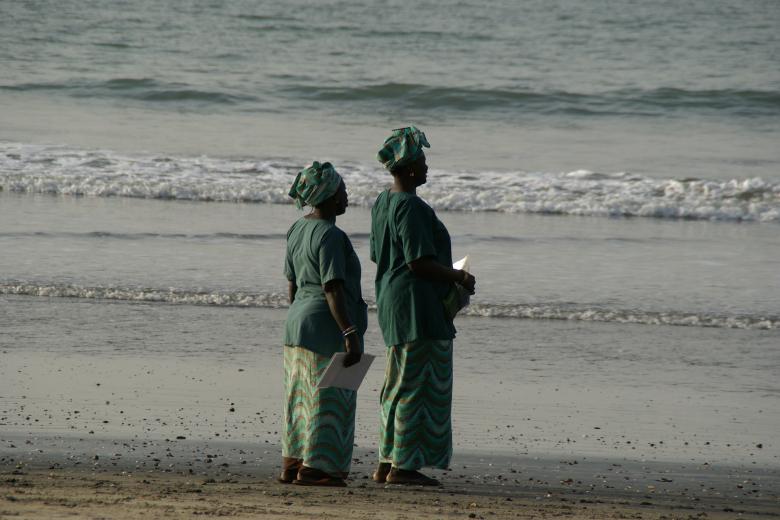The perjury predicament at international criminal trials
The review hearing of Augustin Ngirabatware only lasted from 16th – 24th September 2019, yet those 7 days were enough to create shockwaves in this little town in the north-east of Tanzania.
The hearing took place at the new premises of the International Residual Mechanism for Criminal Tribunals (IR-MCT) in Arusha. Perched on a hill just outside town, the three buildings enjoy an impressive view over Arusha and the surrounding landscape, including the towering Mount Meru.
Ngirabatware’s request for review was based on the retraction of four prosecution witnesses, whose testimony had weighed heavily on the former minister's conviction. All four had signed retraction letters, which convinced the Appeals Chamber to open the review case.
According to Ngirabatware’s defense team, British lawyers Diana Ellis and Sam Blom-Cooper, the four protected witnesses admitted to lying at the trial in 2010. Both Witness 1 and Witness 2 had been sentenced to death in Rwanda. They were told that their death sentences would be commuted if they agreed to provide false testimony against an important person. Shortly after giving testimony against the former minister at the International Criminal Tribunal for Rwanda (ICTR), both witnesses were released from prison in Rwanda.
Yet through questions brought by the Prosecutor it soon transpires that the written retractions of these two witnesses are themselves the result of bribes paid by sympathisers of Ngirabatware, including Anselme Nzabonimpa, currently on trial before the Mechanism for contempt of court.
|
Whispers start circulating the public gallery... This is all too much for the journalists and the few members of the public in attendance: if they claim to have lied before, what stops them from lying again? Were the witnesses corrupt before or after the first trial? |
Defence lawyer Ellis attempts to ease the narrative, claiming that the “small change” was received long after the two witnesses decided to withdraw their previous testimony. They are in fact poor people, who are clearly being open and honest about receiving this much needed money.
Yet the whispers in the public gallery reach fever pitch during the testimony of the following witnesses, Witness 3 and Witness 4, who disavow their written retractions, claiming that they never made false statements in 2010 at the time of Ngirabatware’s trial. The statements take everyone by surprise.
Ellis asks each witness in turn about their letters of retraction. Witness 3 explains that the letter was written by someone else and was signed under pressure and intimidation. The same answer comes from Witness 4, who asserts that their testimony in 2010 was truthful and that “all that is of my retraction was imposed on me". Yet it also emerges that sums of money were received by both Witness 3 and Witness 4 in the run-up to the review hearing.
At this point Ellis changes tack: these four witnesses can’t be recognised as credible, neither in their testimony at this hearing, nor at the 2010 trial or at any stage of the proceedings.
A few days later, we hear the Judges’ verdict. It is up to Judge Theodor Meron, who once angered Kigali by granting early release to several former convicts of the ICTR, to deliver the judgement. This time, there was no risk of controversy in Rwanda.
In their final decision, it is clear that the five judges decide rather on the credibility of the review process itself. The fact that the witnesses admitted receiving money in the run-up to their testimony at the review hearing, cast a considerable shadow of doubt over the sincerity of their respective decisions to retract their previous testimonies.
On Friday 27th September 2019, the first convicted genocidaire to benefit from a review trial fails in his attempt to revoke or to reduce his sentence. Ngirabatware will soon be transferred from the safe house in Arusha to serve the rest of his 30 year sentence.
| More blogs on Law Blogs Maastricht |
-
A genocide case on Human Rights Day: the Gambia v Myanmar before the International Court of Justice
Today, on Human Rights Day, the Peace Palace in The Hague will be the venue of the somewhat ironic spectacle of a Nobel Peace Prize laureate and global icon of human rights leading her country’s defence against allegations of genocide, the most serious violation of human rights possible.
